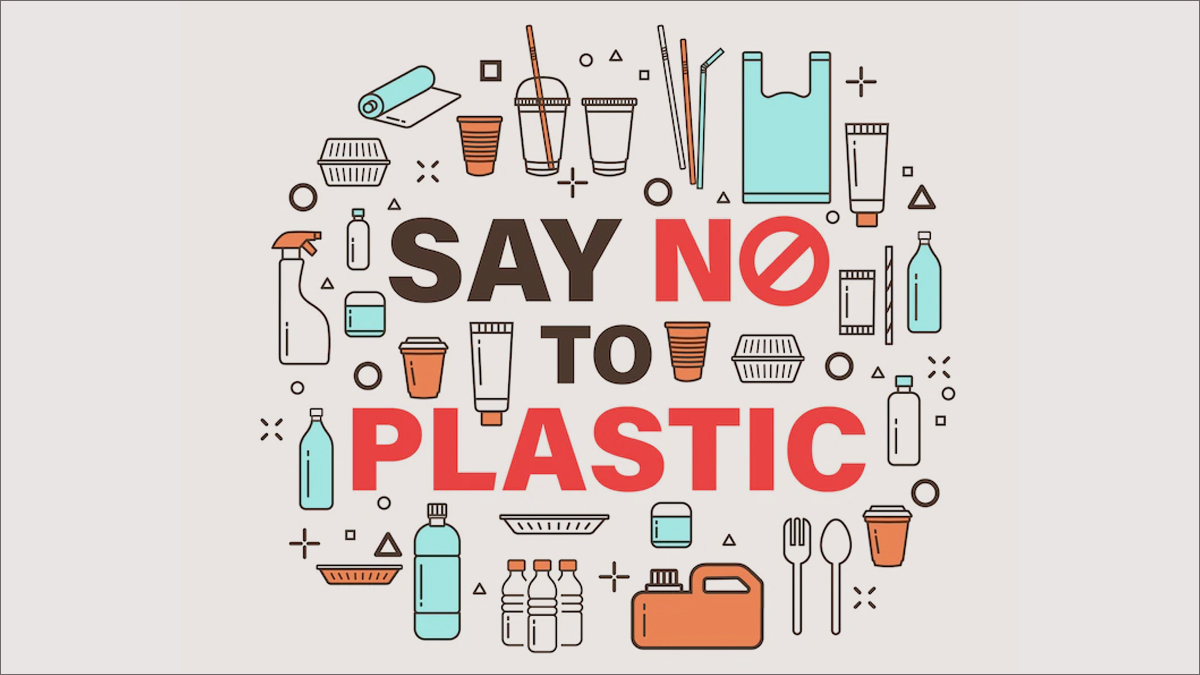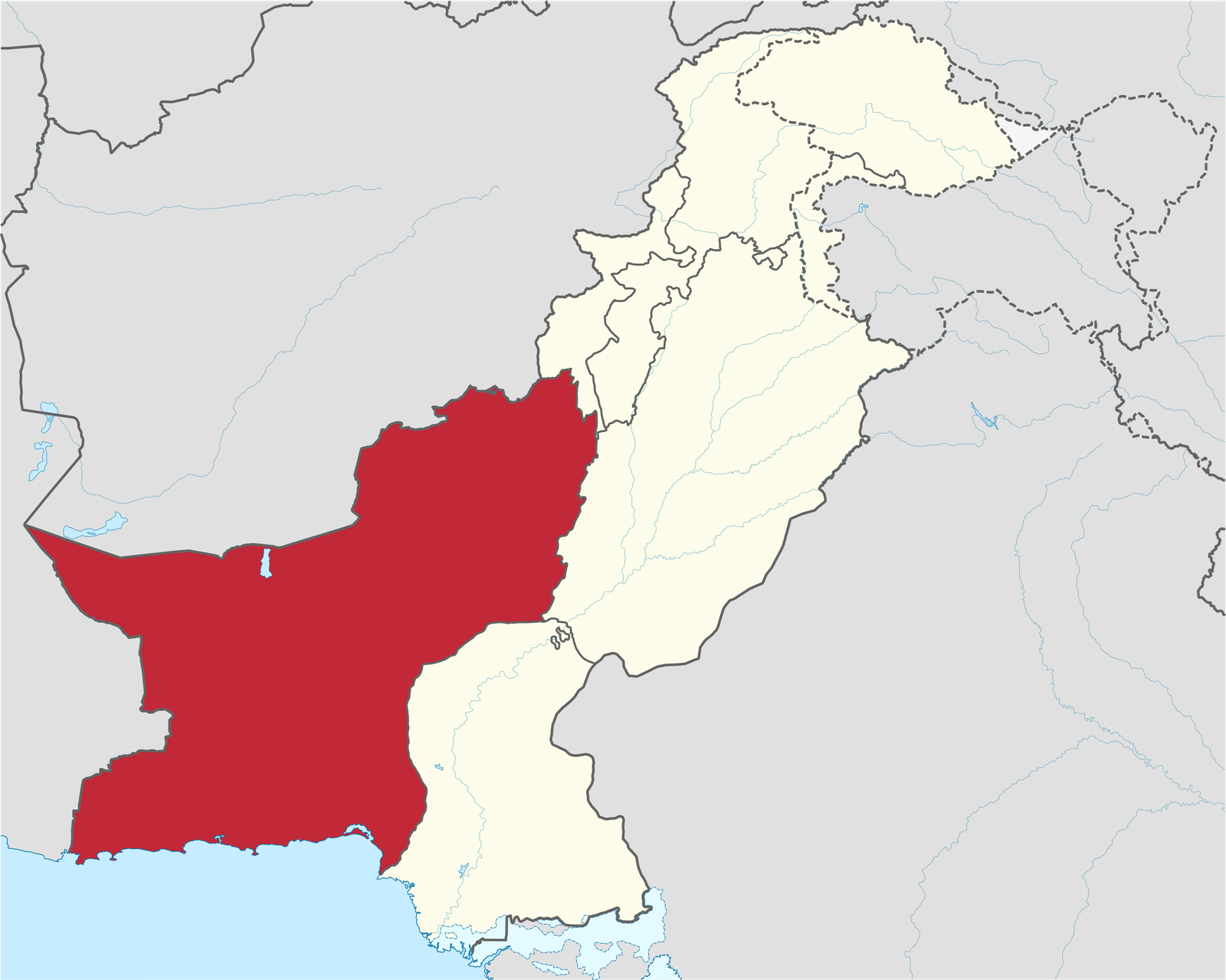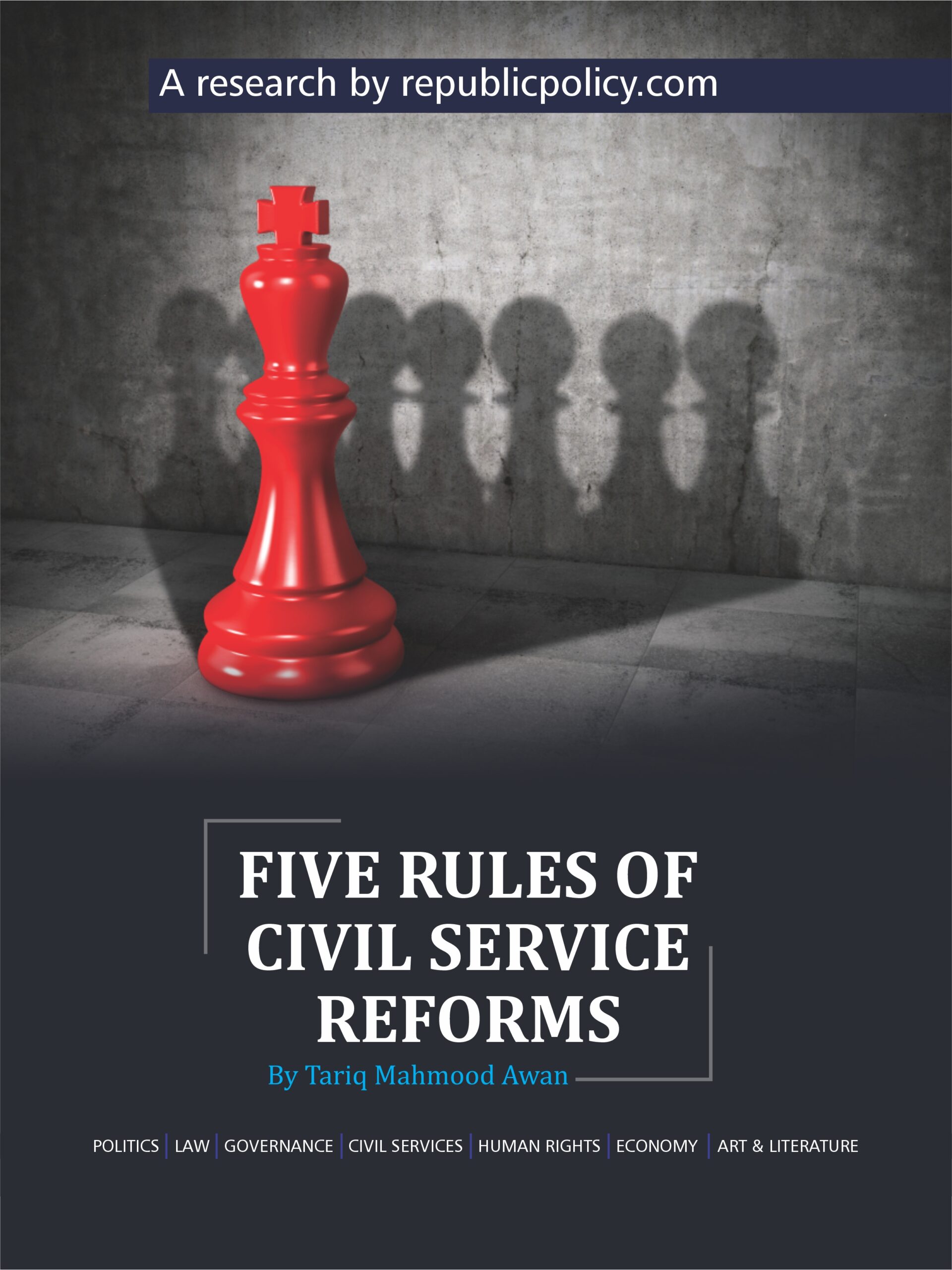As Pakistan grapples with escalating plastic waste, the urgency to address this environmental crisis has never been more pressing. On the International Day of Zero Waste, March 30, it’s crucial to understand that plastic pollution isn’t just an environmental issue—it’s an economic, social, and political challenge that requires a comprehensive approach.
Plastic consumption has surged globally, quadrupling over the last three decades, while recycling rates remain shockingly low. In Pakistan, only a small fraction of plastic waste is recycled, with the rest clogging landfills, rivers, and cities, and entering the food chain as microplastics. Unlike more developed nations with better waste management systems, Pakistan faces a dual challenge: high plastic consumption and a broken waste disposal infrastructure. This calls for a multifaceted strategy that includes bans, incentives, and widespread behavioral change.
Countries like Canada have tried various strategies, such as single-use plastic bans, but the success of these measures often depends on public readiness and alternative infrastructure. In Pakistan, while plastic bag bans have been implemented in major cities, enforcement remains weak. To truly embrace zero waste, Pakistan needs to create an ecosystem where sustainable alternatives become the default, not just outlaw plastics.
Pakistan must learn from innovative models like Banff’s “ask-first” policy, where customers request items like straws only when needed. A similar system could work in Pakistan, reducing the automatic distribution of plastic bags at food stalls and grocery stores. Additionally, introducing bottle return programs and refillable containers could significantly reduce plastic waste.
The economic argument for reducing plastic waste is equally compelling. Cities like Lahore suffer from urban flooding caused by plastic-clogged drainage systems. Better plastic management policies could save millions in infrastructure repair costs. Financial incentives, such as eco-taxes on disposable plastics, could further encourage the shift toward reusable options.
Beyond regulations, community engagement is vital. Pakistan’s informal waste-picking sector plays a significant role in recycling but lacks support. Recognizing and integrating waste pickers into formal waste management programs could improve recycling efficiency and provide fair compensation.
Technology and innovation are also key to tackling the plastic problem. With a growing startup ecosystem, Pakistan could leverage local resources like wheat chaff or rice husks to create biodegradable packaging alternatives. By encouraging innovation, the country can reduce its reliance on plastic while fostering sustainable business practices.
Ultimately, environmental action is not a luxury that developing countries like Pakistan cannot afford. Plastic pollution affects public health, agricultural productivity, and exacerbates climate change, disproportionately impacting nations like Pakistan. The real question is not whether we can afford to act but whether we can afford not to.
On this International Day of Zero Waste, Pakistan must adopt a long-term, adaptive approach to plastic waste that prioritizes innovation, incentivizes responsible behavior, and fosters a culture of sustainability for future generations.














